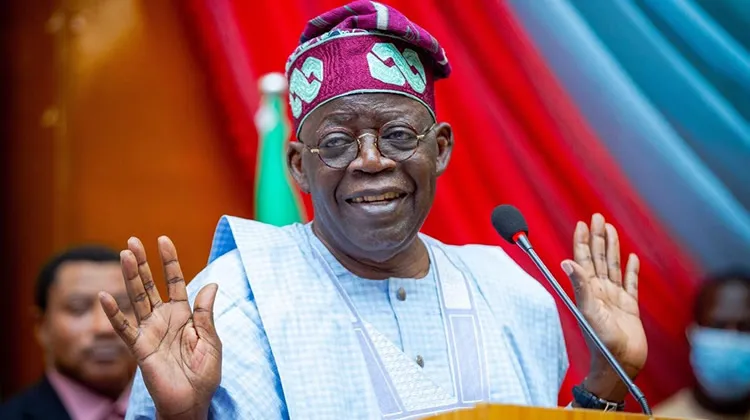President Bola Tinubu’s controversial past has once again taken center stage in the United States as a federal court battle unfolds over the release of his alleged criminal records held by American law enforcement agencies. In a significant legal twist, Nigerian-born U.S.-based attorney, Oluwole Afolabi, has been granted permission to represent Tinubu in the high-profile Freedom of Information Act (FOIA) case targeting files held by the FBI, DEA, and CIA.
On July 9, Judge Beryl Howell of the U.S. District Court for the District of Columbia approved Afolabi’s pro hac vice application, allowing him to appear in court despite not being licensed in Washington, D.C. His appointment strengthens Tinubu’s legal defense team as they seek to block the release of sensitive documents linked to the president’s alleged involvement in a historic drug trafficking case and other federal investigations.
Afolabi, who previously defended Tinubu during the Chicago State University certificate scandal in 2023, joins Bryan Carey, a D.C.-based attorney also on Tinubu’s legal team. Carey sponsored Afolabi’s court appearance, which was formally approved on July 7.
The legal battle stems from a FOIA lawsuit filed by American transparency advocate Aaron Greenspan, in collaboration with Nigerian investigative journalist David Hundeyin. The duo is pushing for the FBI and other agencies to disclose Tinubu’s historical records, particularly relating to a controversial $460,000 drug-related forfeiture case from the 1990s, a case that gained renewed attention during the 2023 Nigerian elections.
The FBI had initially agreed to release approximately 2,500 pages of documents in monthly batches of 500 pages starting in 2023. However, Tinubu’s legal intervention halted the release, prompting this courtroom standoff. Judge Howell has since ruled that while the CIA can continue to issue a “Glomar response”, neither confirming nor denying the existence of records, the FBI and DEA must comply with FOIA requests and process all non-exempt, responsive documents.
Related Articles:
- US to release reports on Tinubu’s alleged drug case on May 2
- Tinubu declares war on drug abuse, urges national movement at 2025 world drug day
- Reactions over Tinubu’s alleged transition within US security circle
In a notable development, the court expanded the scope of the records search to include files beyond the 1990s forfeiture, effectively opening the door to more revelations about Tinubu’s past and any connections to U.S. law enforcement probes.
As the August 7 deadline for a joint status report approaches, all eyes remain fixed on Washington, D.C., where Afolabi is expected to vigorously argue against any document release that could deepen controversies surrounding the Nigerian president.
This latest legal showdown could have far-reaching implications not just for Tinubu’s image at home and abroad, but also for the future of Nigeria’s political landscape, as calls for transparency and accountability grow louder across the nation.
